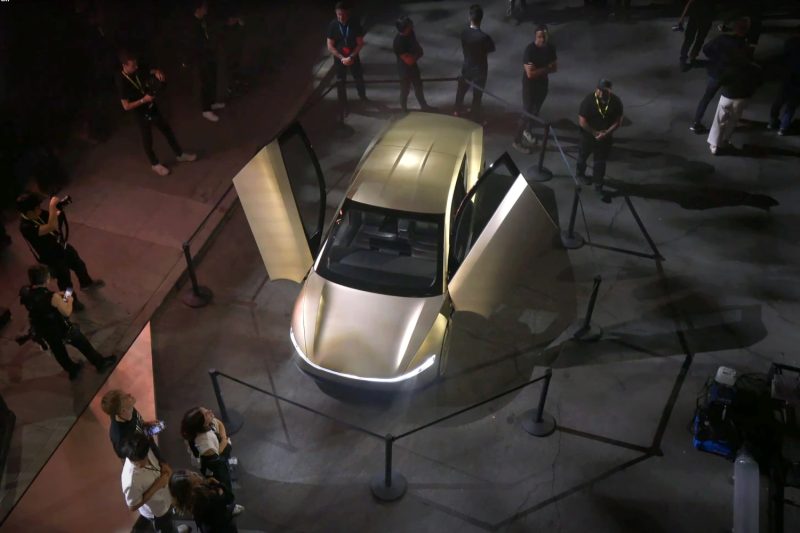The recent lawsuit filed against Elon Musk, Tesla, Warner Bros., and Discovery over alleged copyright infringement related to the promotion of CyberCab by using Blade Runner 2049 AI raises significant legal and ethical questions that could have far-reaching consequences for the companies involved. The plaintiffs in the case have accused the defendants of unlawfully using elements from the iconic science fiction movie Blade Runner 2049 to promote Tesla’s autonomous vehicle initiative, CyberCab.
The lawsuit alleges that Tesla, under the direction of Elon Musk, collaborated with Warner Bros. and Discovery to produce a promotional video for CyberCab that featured striking similarities to key visual and narrative elements from Blade Runner 2049. The plaintiffs argue that this appropriation of copyrighted material constitutes a clear case of infringement on the intellectual property rights of the original creators of the film.
In considering the legal aspects of the case, it is essential to understand the complexities of copyright law and its application to creative works in the context of modern marketing and promotional activities. Copyright laws are designed to protect the rights of creators and provide them with legal recourse in cases of unauthorized use or reproduction of their work.
The allegations made in the lawsuit suggest that the defendants may have crossed the line by using copyrighted material from Blade Runner 2049 without proper authorization. This raises questions about the extent to which companies can draw inspiration from existing works while maintaining compliance with copyright laws.
The case also sheds light on the ethical considerations that come into play when companies leverage popular culture for promotional purposes. While it is common for businesses to reference iconic films and other media in their marketing campaigns, there is a fine line between paying homage to a work and infringing on the rights of its creators.
Elon Musk, as a prominent figure in the tech industry, has faced scrutiny in the past for his controversial statements and actions. The lawsuit against him and his companies adds another layer of complexity to his public image and underscores the importance of upholding ethical standards in business practices.
Ultimately, the outcome of this lawsuit will have implications not only for the parties involved but also for the broader legal landscape concerning copyright infringement and intellectual property protection. As the case unfolds, it will be crucial to closely monitor how the courts interpret the allegations and whether they find sufficient evidence to support the claims of the plaintiffs. In the meantime, this situation serves as a cautionary tale for companies looking to leverage popular culture in their promotional activities, highlighting the importance of respecting copyright laws and ethical boundaries in marketing and advertising.




























